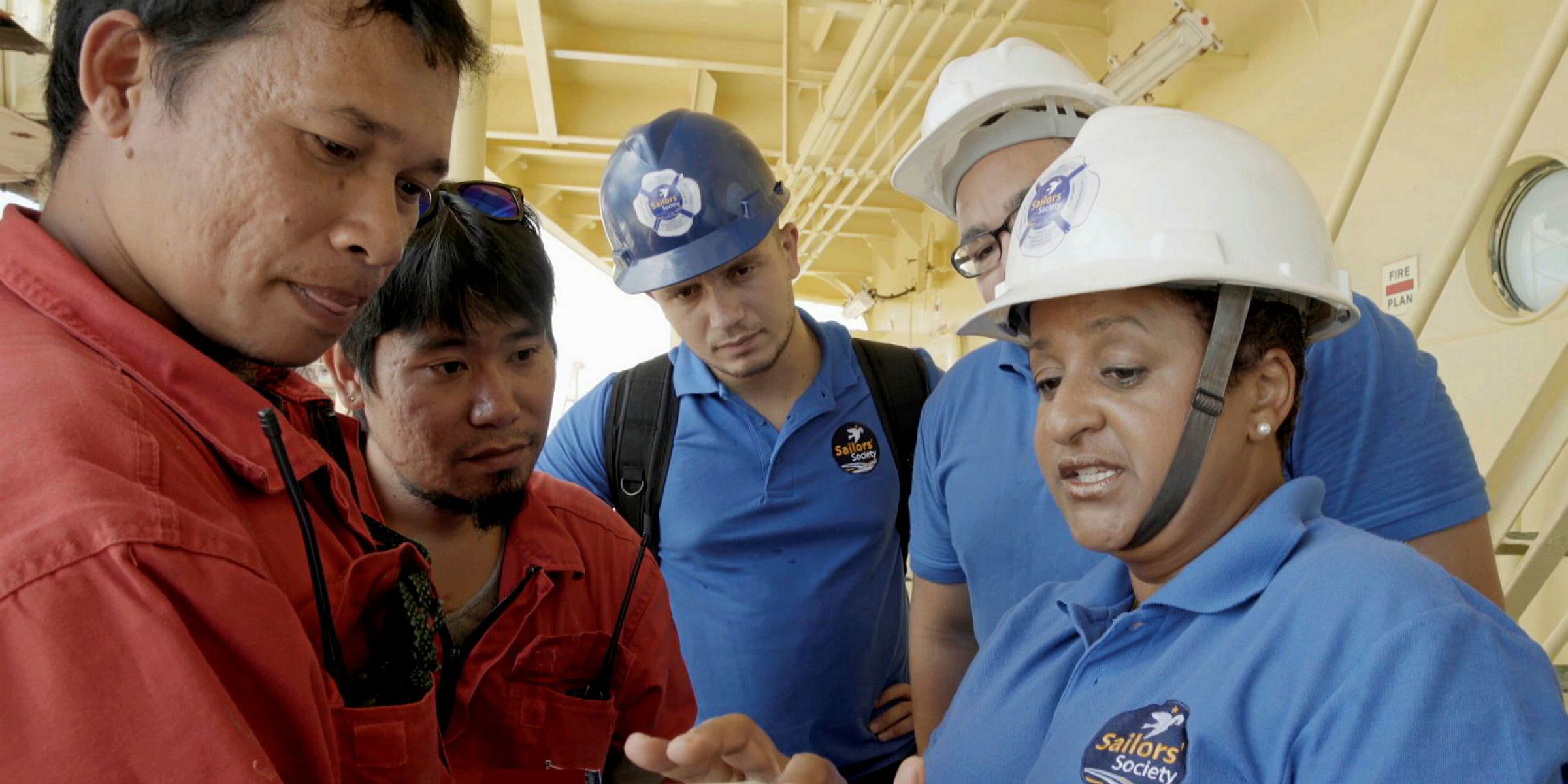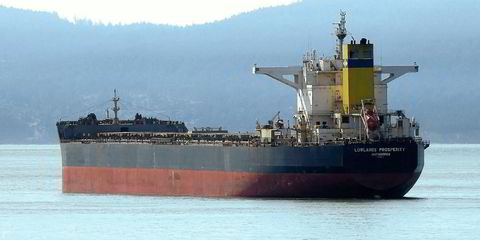No one can deny it is a good thing for seafarers to be healthy, happy and fit. But how far are shipowners, operators and managers willing to go to ensure their crews are more than just a number?
How much are they willing to pay for better working and social conditions onboard?
Or — more to the point — what is the potential cost of the risks of incidents and accidents if they do not invest in their seaborne staff and the conditions in which they work?
This is an era of conflicting currents in crew welfare. On the one hand, crew conditions have improved in recent years, without doubt. New ships, of which there has been a flood in the past decade-and-a-half, have generally provided a cleaner, safer working and living environment than in the past.
Modern engine rooms are virtually spotless compared with those of elderly vessels, while bridge and crew accommodation areas are normally better equipped.
Tighter regulations, such as the Maritime Labour Convention, have formalised minimum basic standards, while many countries have taken a more assertive approach to the enforcement of safety rules onboard.
On the other hand, the realities of life at sea can be as gruelling as they ever were, if not more so. Years of cost-cutting have reduced crews to the point that seafarers on large vessels may have little social interaction with each other. Shore leave is often rare, and isolation is a real problem.

Despite landside colleagues taking online communication for granted, seafarers even on modern ships run by major companies often have limited internet access.
On smaller vessels, and those on intense port rotations, the time pressure on crews can be crippling. According to labour unions, demands to work excessive hours are common. Regulations such as minimum crewing are often taken not as the starting point but as a benchmark.
Dan Thompson, a former navigation officer with a major cruise line, last week told a Sailors’ Society conference on crew welfare of his own harrowing story of severe depression, bullying and lack of support from his employer. He now works for the Port of London Authority as a master mariner.
Mind, body and soul
Too often, seafarer welfare issues have focused solely on the occupational aspect of the job, rather than taking a holistic approach to life onboard.
Into this space, several initiatives have been launched to promote the need for a broader approach to crew welfare. The ITF Seafarers’s Trust-backed Seafarers Wellness Programme was launched in 2010, followed by the Sailors’ Society’s own Wellness at Sea initiative in 2014.
The Sailors’ Society programme is aimed at encouraging shipowners and managers to invest in training to equip seafarers with the skills to recognise problems in the physical and mental health of themselves and colleagues.
While injury prevention has long been the target of improved operations, mental health issues have only recently been widely acknowledged as an area in need of action.
As Euronav chief executive Paddy Rodgers told the conference, for too long the industry had relied on the historic image of the seafarers as "iron men" doing a risky and manly job.
Well into the 21st century, it is a shame on this industry that too many seafarers remain treated as if they are simply numbers on a crew roster rather than staff whose wellness can improve performance
Euronav’s decision to improve conditions at sea, to create a "thriving" culture onboard its vessels, has not only improved safety, it has improved the quality of its operations.
Seaborne staff have to cope with a working environment that is far more challenging, both physically and psychologically, than their office-based colleagues. But they are employees all the same, and companies owe them exactly the same duty of care.
Well into the 21st century, it is a shame on this industry that too many seafarers remain treated as if they are simply numbers on a crew roster rather than staff whose wellness can improve performance and prevent accidents.
As Rodgers succinctly put it: “This is not an argument about altruism, this is about enlightened self-interest.”




